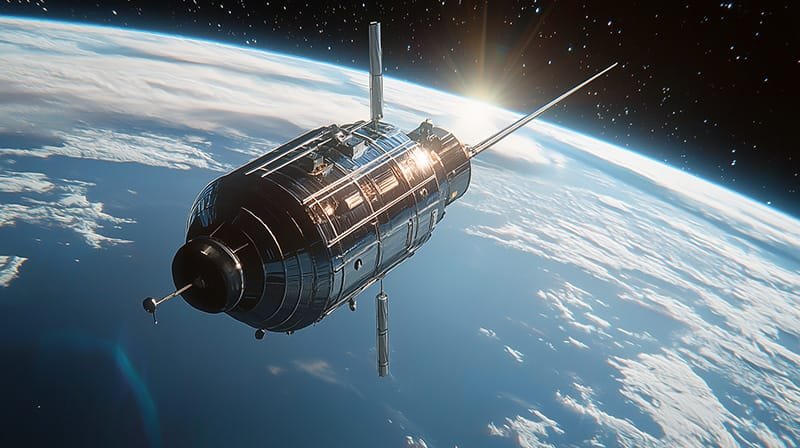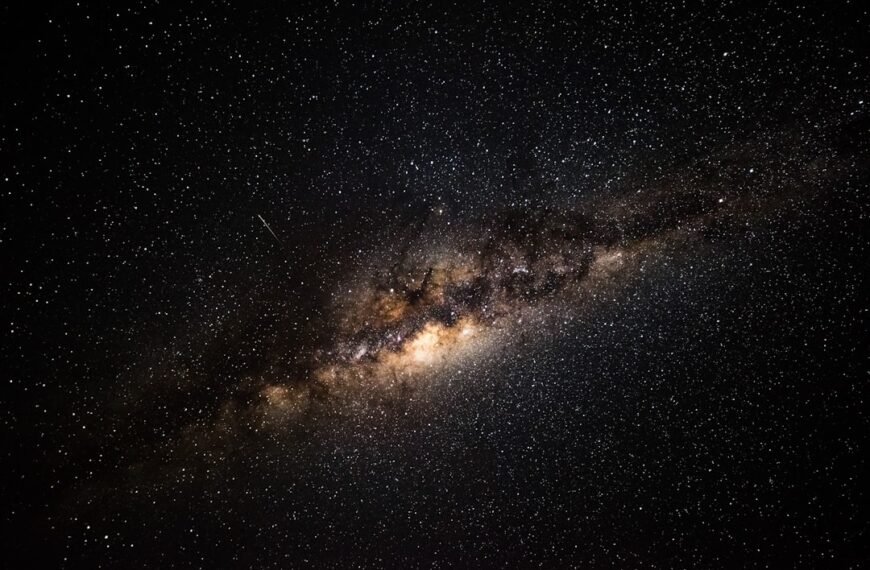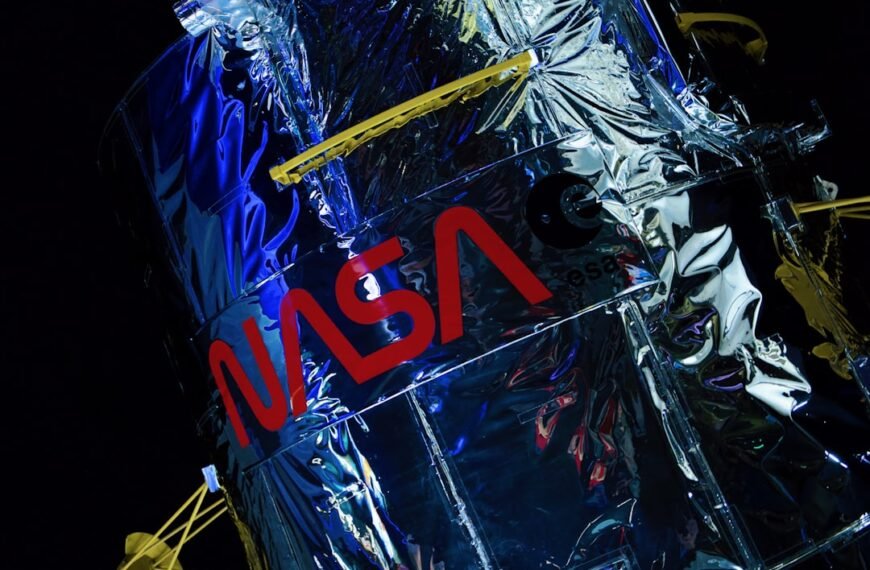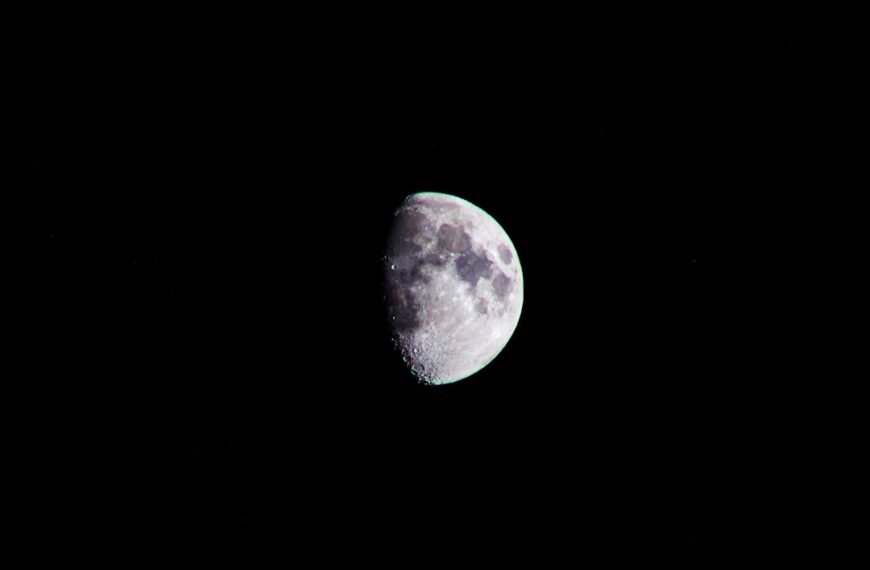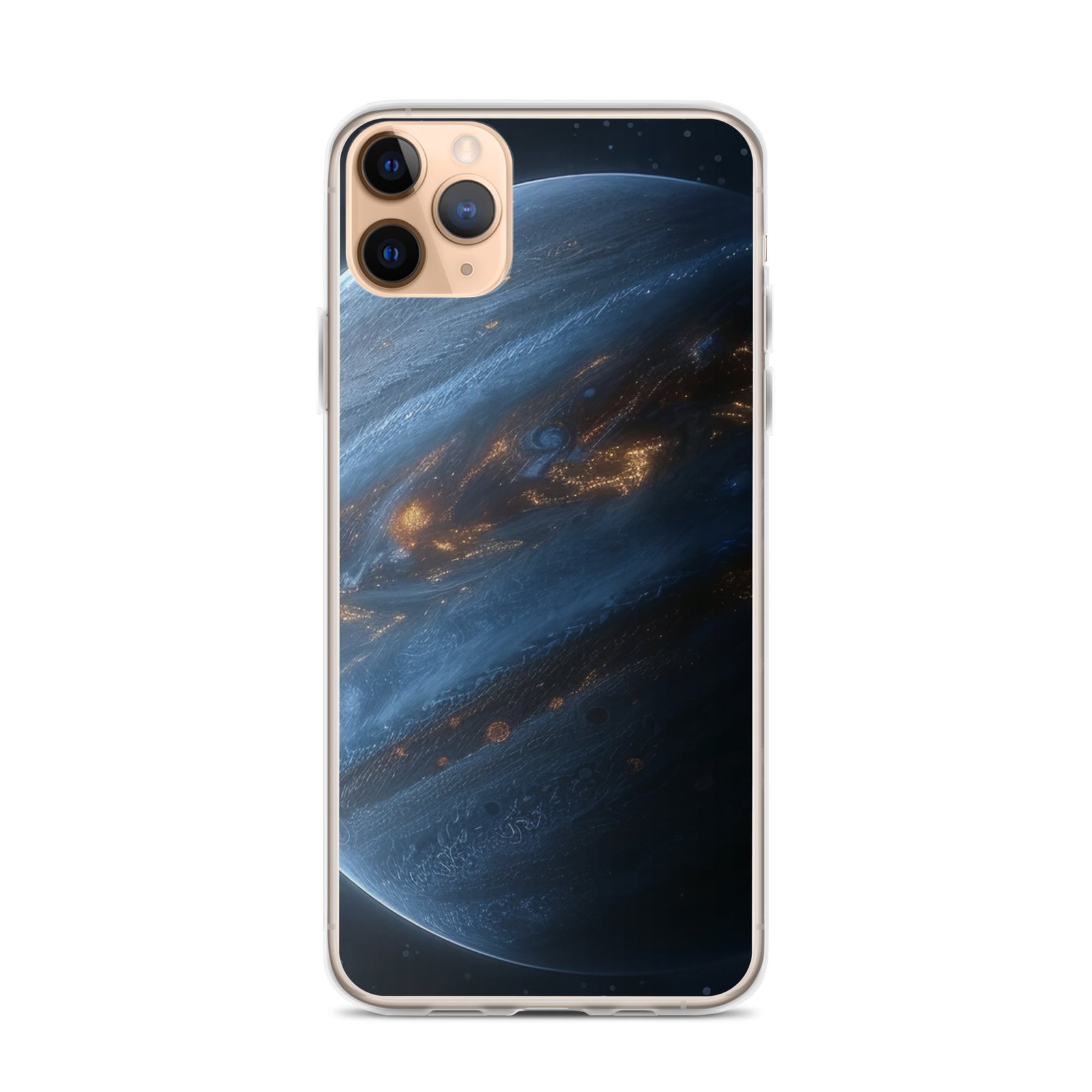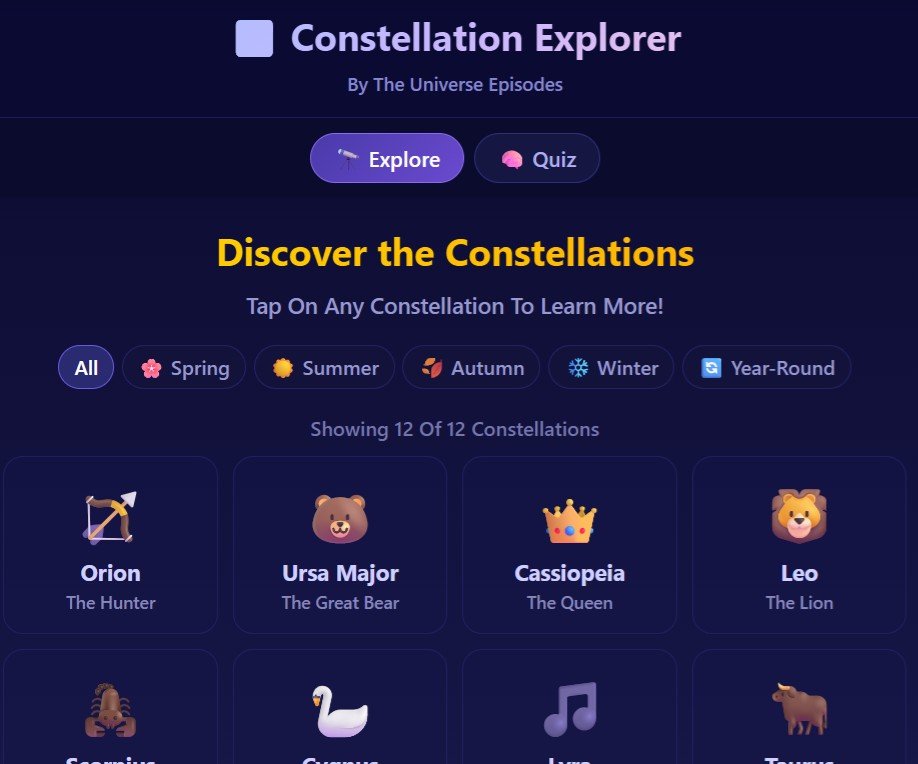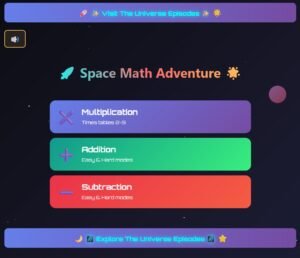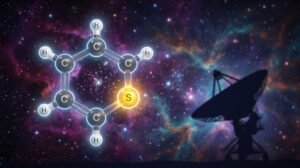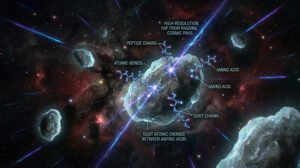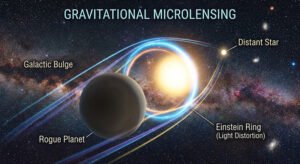Discover the wonders of cosmology! Explore its history, key concepts, and cutting-edge research. Dive in now to understand our universe!
Takeaways for Your Article
- Key Insight: Cosmology is not just a scientific field; it represents humanity’s quest to understand our place in an ever-expanding universe.
- Surprising Statistic: The universe began approximately 13.8 billion years ago as a hot, dense singularity, a concept that radically transformed our understanding of existence.
- Provocative Perspective: The ongoing debate around dark matter and dark energy raises questions about the very fabric of reality, challenging traditional notions of physics.
- Real-World Application: Understanding cosmological principles can influence various fields, from technology development to philosophical discussions about existence and our future.
- Core Message: Cosmology is a dynamic discipline that not only informs us about the universe’s past but also shapes our understanding of its future and our role within it.
Your Ultimate Guide to Understanding Cosmology
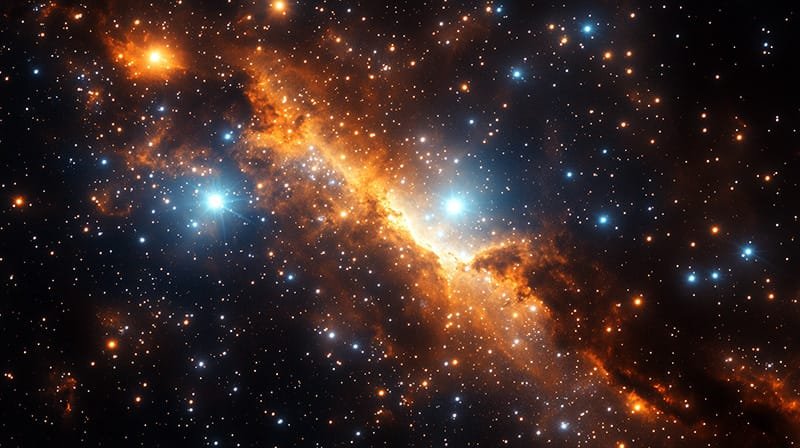
Cosmology is more than just a word; it’s a gateway into the vast, fascinating universe we live in. But what exactly does it mean? In this comprehensive guide, we’ll delve into cosmology, its historical context, fundamental concepts, and the exciting current research in the field.
The Basics: Understanding Cosmology
In the simplest terms, cosmology is the scientific study of the universe’s origin, evolution, structure, and eventual fate. It pulls together principles from physics, with theories like general relativity and quantum mechanics playing vital roles. Now, let’s jump into the time machine and discover how our understanding of cosmology has evolved throughout history.
A Trip Through Time: Historical Development of Cosmology
The Birth of Cosmological Theories
Our journey starts with the ancient Greeks. Philosophers such as Thales, Anaximander, and Pythagoras strove to understand the universe through geometric and mathematical perspectives. Anaximander, for instance, was a pioneer in suggesting that the Earth freely floats in space.
The Classical and Medieval Eras
Fast forward to the fourth century BCE, where the concept of a celestial sphere was born. Stars were believed to be fixed on a sphere that revolved around a spherical Earth. This geocentric model became the cornerstone of Western cosmology for centuries.
The Age of the Scientific Revolution
The heliocentric model disrupted the geocentric view. Introduced by Nicolaus Copernicus in the early 1500s, it proposed that the Earth and other planets orbit the Sun. This radical idea laid the groundwork for modern astronomy. Johannes Kepler and Galileo Galilei further fortified this model with their observations, while Isaac Newton’s laws of motion and universal gravitation provided a more profound understanding of the cosmos.
The 20th Century and Beyond: The Advent of Modern Cosmology
The 20th century brought breakthrough discoveries in cosmology. Albert Einstein’s theory of general relativity provided a new perspective on gravity and the universe’s structure. The Big Bang theory, suggesting that the universe started as a dense, hot singularity around 13.8 billion years ago, became the leading explanation for the universe’s origin.
The Building Blocks of Cosmology: Fundamental Concepts
Cosmology is built on several key concepts that form the basis of our understanding of the universe:
- The Universe and Its Components: Cosmology studies the large-scale structure of the universe, including galaxies, stars, and cosmic microwave background radiation. It also focuses on the distribution of matter and energy, including the enigmatic dark matter and dark energy.
- The Big Bang Theory: This theory is the prevailing cosmological model explaining the universe’s birth. It suggests that the universe started as a highly dense and hot point approximately 13.8 billion years ago and has been expanding ever since.
- Cosmic Inflation: This theory proposes a rapid expansion of the universe immediately after the Big Bang, leading to the large-scale uniformity observed today.
- Dark Matter and Dark Energy: Dark matter is a form of matter that does not emit light or energy, making it invisible and only identifiable through its gravitational effects. Dark energy, on the other hand, is a mysterious force propelling the universe’s accelerated expansion.
- Cosmic Microwave Background (CMB): The CMB is the thermal radiation leftover from the Big Bang, providing a snapshot of the universe’s infancy and serving as a pivotal piece of evidence for the Big Bang theory.
- The Cosmological Principle: This principle posits that the universe is homogenous and isotropic on large scales, implying it looks the same from any location and in any direction.
- The Observable Universe: This term refers to the portion of the universe that we can observe from Earth, limited by the speed of light and the universe’s age.
The Cutting Edge: Current Research Topics in Cosmology
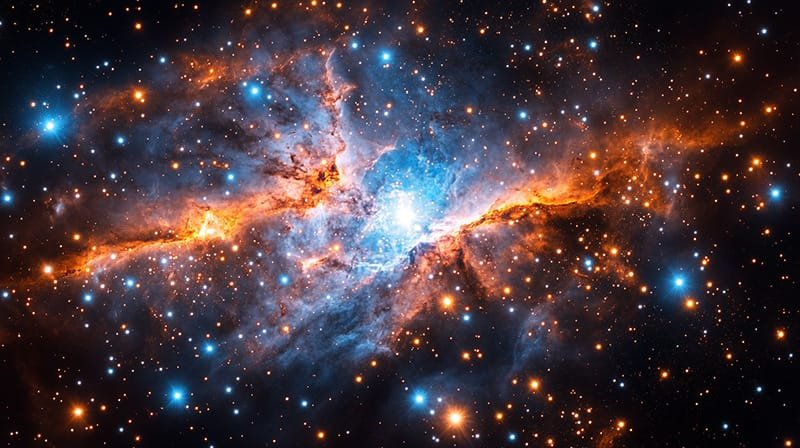
Today, cosmology is a vibrant field with ongoing research exploring fundamental questions about the universe’s composition, structure, and evolution. Key research topics include:
- Dark Matter and Dark Energy: Researchers are investigating the properties of dark matter particles and exploring the role of dark energy in the universe’s accelerated expansion.
- Cosmic Microwave Background (CMB): Studies of the CMB help cosmologists understand the universe’s composition and the initial conditions leading to galaxy formation.
- Early Universe and Cosmic Inflation: Researchers aim to explain the universe’s uniformity and galaxy distribution through studies in this area.
- Hubble Tension: This is a significant area of research looking into the discrepancy between different measurements of the universe’s expansion rate.
In conclusion, cosmology is at the forefront of scientific exploration, addressing some of the most profound questions about our universe. It continues to expand our understanding of the cosmos with every new discovery and theory. As more sophisticated tools and interdisciplinary approaches emerge, we can expect even more groundbreaking insights into the mysteries of the universe.



